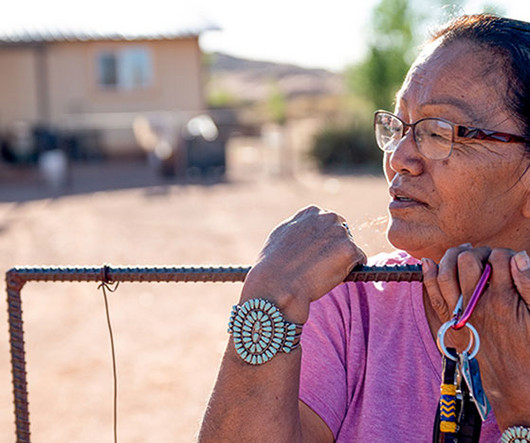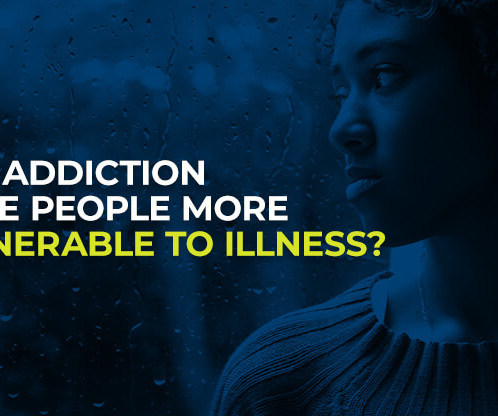In Too Deep: Harm Reduction and Nightlife
inSocialWork
NOVEMBER 21, 2023
Zoë Beery Harm reduction approaches are gaining increased acceptance as a valuable tool in saving lives and reducing the risks associated with drug use. Zoë will describe what harm reduction efforts look like at these events, which drugs are most commonly used at them, and what can be done to make these experiences less dangerous.
















Let's personalize your content